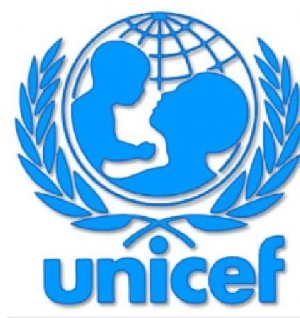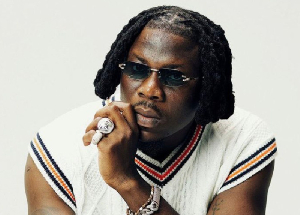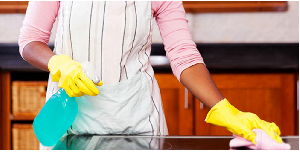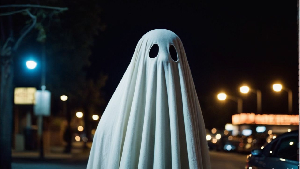As the dreaded Coronavirus has been declared a pandemic by the World Health Organisation (WHO), panic regarding the spread of the disease has increased.
Despite factual information being spread amongst the public, a fake UNICEF Coronavirus WhatsApp forward is being circulated.
Charlotte Petri Gornitzka, UNICEF Deputy Executive Director for Partnerships, in a statement described the post as false and the claims misappropriated the UN body's name.
"A recent erroneous online message circulating in several languages around the world and purporting to be a Unicef communication appears to indicate, among other things, that avoiding ice cream and other cold foods can help prevent the onset of the disease. This is, of course, wholly untrue".
"To the creators of such falsehoods, we offer a simple message: Stop. Sharing inaccurate information and attempting to imbue it with authority by misappropriating the names of those in a position of trust is dangerous and wrong," she added.
Below is the false UNICEF post
1.The coronavirus is large in size where the cell diameter is 400-500 micro and or this reason any mask prevents its entry
2.The virus does not settle in the air but is grounded, so it is not transmitted by air
3.Coronavirus when it falls on a metal surface, it will live 12 hours, so washing hands with soap and water well enough
4.Corona virus when it falls on the fabric remains 9 hours, so washing clothes or being exposed to the sun for two hours meets the purpose of killing it
5.The virus lives on the hands for 10 minutes, so putting an alcohol sterilizer in the pocket meets the purpose of prevention
6.If the virus is exposed to a temperature of 26-27 C. it will be killed, as it does not live in hot regions. Also drinking hot water and sun exposure will do the trick and stay away from ice cream and eating cold is important
7. Gargle with warm and salt water kills the tonsils’ germs and prevents the from leaking into the lungs
8. Adherence to these instructions fulfills the purpose of preventing Coronavirus
To keep ourselves and our loved ones safe from #coronavirus, it is critical to seek accurate information from verified sources, such as @UNICEF or @WHO, government health officials and trusted healthcare professionals. https://t.co/eC0ODBbWYP
— Charlotte Petri Gornitzka (@CharlottePetriG) March 6, 2020

















